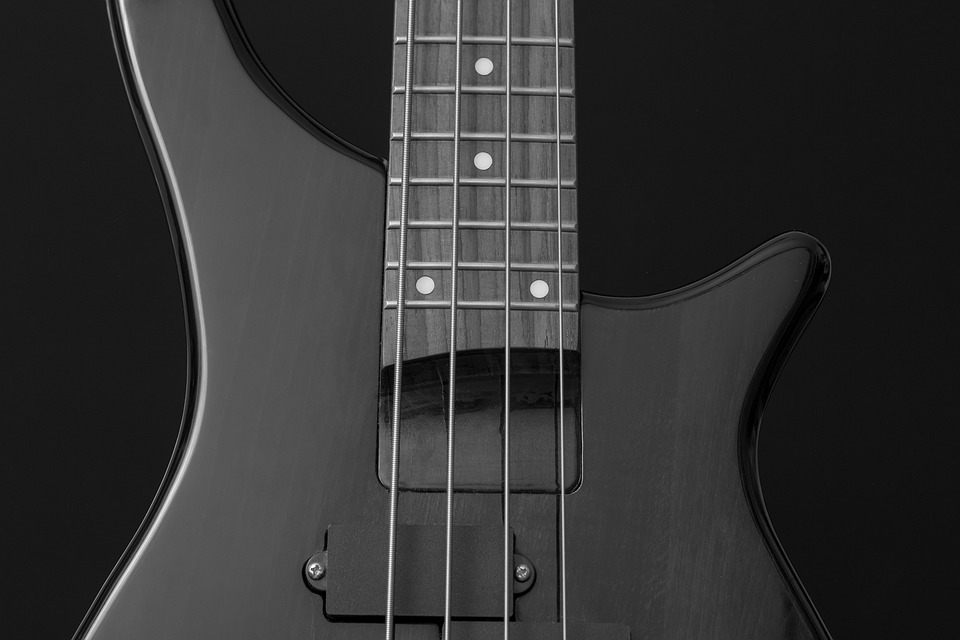
[ad_1]
Learning to play the guitar is a challenging and rewarding endeavor. Whether you’re a beginner or an experienced player, having an effective practice routine is key to improving your skills and reaching your musical goals.
But what exactly makes a practice routine effective? In this article, we’ll explore the science behind an effective guitar practice routine and how to use it to improve faster.
Unlock Skills: Effective Guitar Practice Routine
The Importance of Practice
Practice is essential for improving any skill, including playing the guitar. When you practice, you’re essentially training your brain and building muscle memory.
As you repeat a particular technique or piece of music, your brain forms new neural connections, making it easier and more efficient to perform the skill in the future. This is why consistent and focused practice is crucial for progress.
The Science of Learning
Understanding how we learn can help us create a more effective practice routine. The science of learning tells us that two main principles govern skill acquisition: deliberate practice and spaced repetition.
Deliberate practice involves setting specific goals for your practice sessions and focusing on the areas that need improvement. This means breaking down your practice into smaller, more manageable tasks and working on them systematically.
This targeted approach allows you to make the most of your practice time and see tangible progress.
Spaced repetition involves spacing out your practice sessions over time rather than cramming them into one long session. This allows your brain to consolidate and reinforce the information, leading to better retention and retrieval of the skill.
Building an Effective Practice Routine
Now that we understand the science behind effective practice, how can we apply it to our guitar playing? Here are some tips for building an effective practice routine:
Set Specific Goals
Before each practice session, set specific, achievable goals for what you want to accomplish. This could be mastering a particular technique, learning a new chord progression, or memorizing a song. Having clear goals will help you stay focused and motivated during your practice.
Break It Down
Break down your practice into smaller, more manageable tasks. For example, if you’re learning a new song, start by working on the intro, then move on to the verse, chorus, and so on. This approach will make the learning process less overwhelming and more achievable.
Focus on Problem Areas
Identify the areas of your playing that need improvement and work on them systematically. Whether it’s a difficult chord change, a tricky solo, or a specific technique, spending dedicated time on these problem areas will help you make significant progress.
Use Spaced Repetition
Rather than practicing for hours in one session, try to space out your practice sessions over a few days. This will give your brain time to consolidate and reinforce the information, leading to better retention and mastery of the skill.
Stay Consistent
Consistency is key to improvement. Try to practice at the same time each day, even if it’s just for a short amount of time. This will help you build a habit of regular practice and maintain your progress.
The Role of Feedback
Feedback is an essential part of the learning process. Whether it’s from a teacher, a fellow musician, or even just recording yourself and listening back, feedback can help you identify areas for improvement and make necessary adjustments to your playing.
Seeking Feedback
Seeking feedback from an experienced guitar teacher or mentor can provide valuable insights and guidance for your practice routine. They can pinpoint areas for improvement, offer constructive criticism, and provide you with exercises and drills to address specific weaknesses.
Using Technology
Technology has made it easier than ever to receive feedback on your playing. Recording yourself with a smartphone or using apps and software that provide instant feedback on your technique can be incredibly useful for identifying areas of weakness and making improvements.
Applying the Science to Your Practice Routine
Now that we have a better understanding of the science behind effective practice, let’s apply these principles to a sample guitar practice routine.
Sample Practice Routine
1. Warm-up (5 minutes) – Start with some basic finger exercises and stretches to warm up your hands and fingers.
2. Technique Practice (15 minutes) – Focus on a specific technique, such as alternate picking, hammer-ons and pull-offs, or fingerpicking.
3. Chord Progressions (15 minutes) – Work on a new chord progression or practice transitioning between chords.
4. Song Learning (20 minutes) – Learn a new song or work on a specific part of a song that you’re struggling with.
5. Feedback and Reflection (5 minutes) – Record yourself playing and listen back for areas that need improvement. Take note of any feedback from a teacher or mentor.
By incorporating deliberate practice, spaced repetition, and feedback into your practice routine, you can maximize your learning and see significant improvements in your guitar playing.
Conclusion
Building an effective guitar practice routine is essential for improving your skills and reaching your musical goals. By applying the principles of deliberate practice, spaced repetition, and seeking feedback, you can make the most of your practice time and see tangible progress in your playing.
So, whether you’re a beginner or an experienced player, take the time to create a focused and effective practice routine, and watch as your guitar playing improves faster than ever.
[ad_2]
